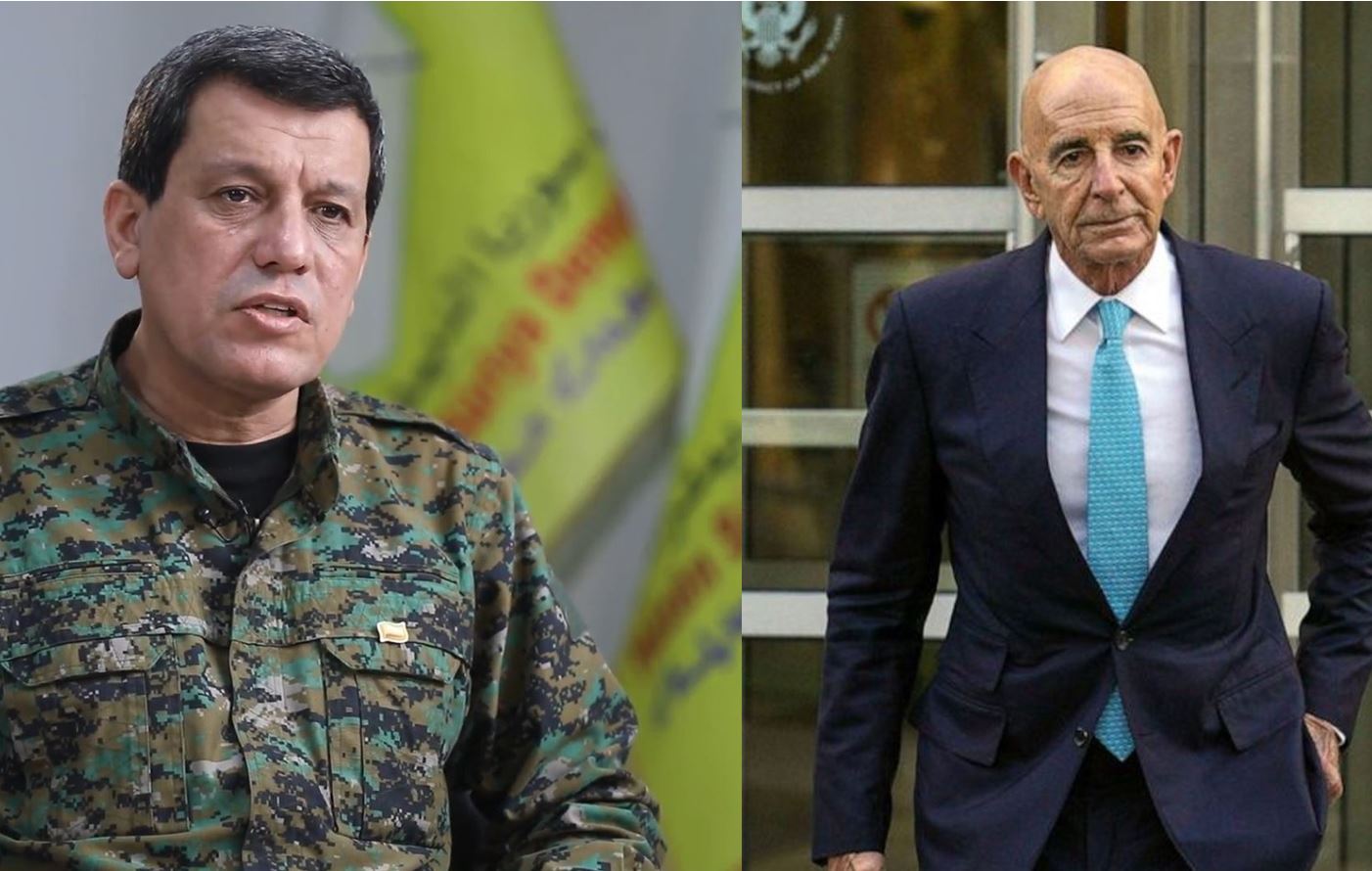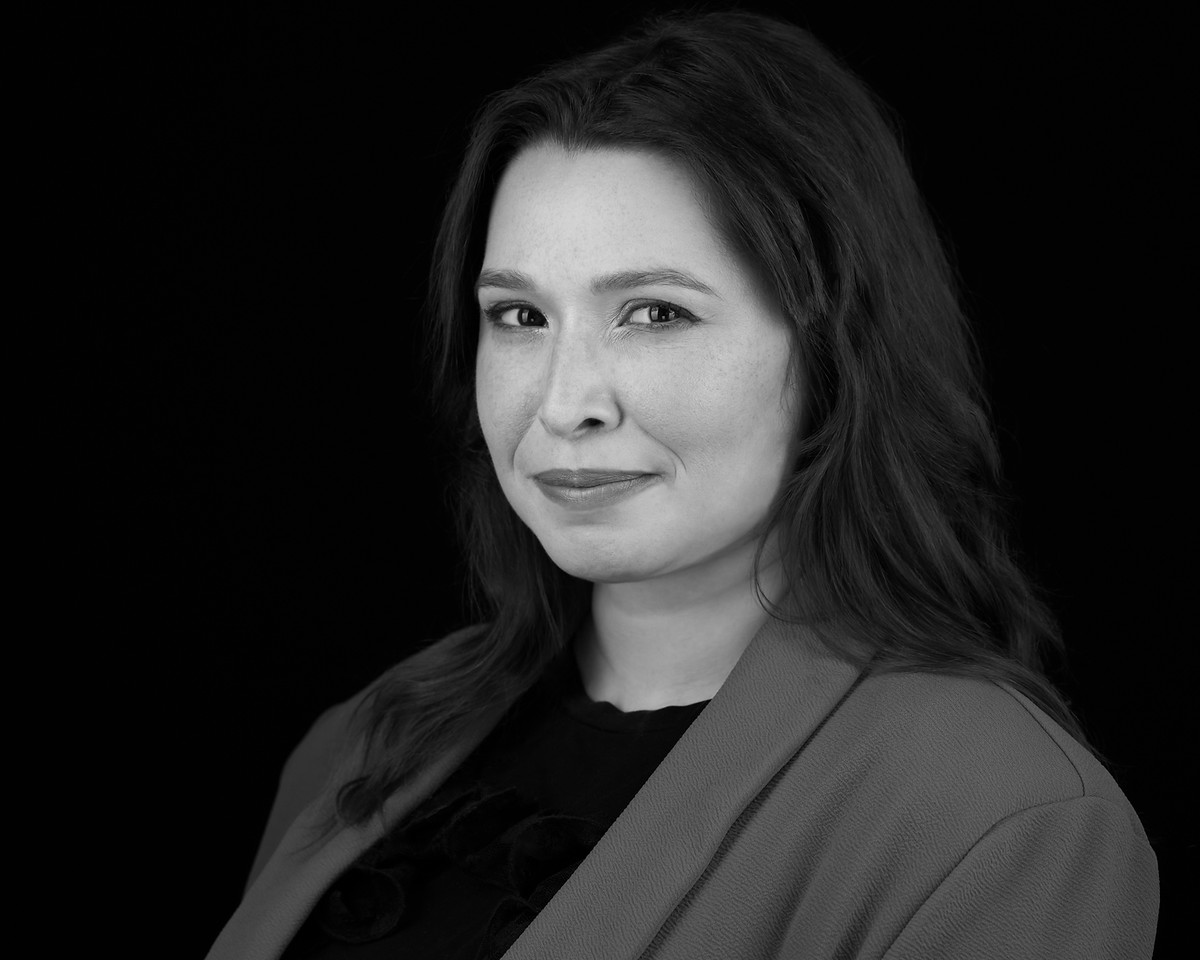Irina Tsukerman | Source | President of Scarab Rising, Inc.; geopolitical analyst at Trade/Business/Prof...

Irina Tsukerman
Irina Tsukerman is a human rights and national security lawyer based in New York and a Fellow at the Arabian Peninsula Institute. She runs a boutique national security law practice. She is a member of the North American Society for Intelligence History. Irina is also a member of the European International Studies Association. She is a Fellow at the Jerusalem Center for Public Affairs. She is a member of the American Bar Association's Energy and Environment and Science and Technology Sections. She is the Program Vice Chair in the Oil and Gas Subcommittee. She is also a member of the New York City Bar Association's Middle East and North African Affairs Committee and an affiliate member of the Foreign & Comparative Law Committee. In addition, Irina Tsukerman is the President of Scarab Rising, Inc., a media and security strategic advisory, and the Editor-in-Chief of The Washington Outsider, a project of Scarab Rising, focused on foreign policy, geopolitics, security, and human rights. Irina hosts The Washington Outsider Report program on The Coalition Radio station, and frequently writes about world affairs in diverse US and international publications. She has appeared in the media all over the world as a geopolitical specialist dedicated to actionable analysis, and her writings and comments have been translated to over a dozen languages. Irina is a member of the editorial board of The Maghreb and Orient Courier. She is a member of the New York-based Foreign Policy Association. Irina specializes in information warfare; she has written and spoken extensively on active measures by Russia, China, and Iran and influence campaigns by Middle Eastern state actors, as well as on the impact of active measures and influence campaigns on the human rights and NGO world; she has also published on a wide range of global issues touching on energy, geostrategy, strategical alliances, Great Power competition and its impact on geopolitics, domestic policy, and business, information security and digital rights/cybersecurity, big tech, terrorism and extremism, as well as issues in intelligence and counterintelligence. Most recently, Irina was honored for her contributions as a woman leader and a global humanitarian at the World Humanitarian Drive's Trilateral Trade for Peace Conference in London. Her comments and writings have been translated into over a dozen languages; her latest major appearance was on Australia's #1 podcast the Red Line to discuss counterterrorism and economic warfare in Mozambique.
Irina just moderated a high profile panel on The Legal Framework for Understanding Information Warfare in Ukraine at the New York City Bar Association. She most recently presented at "Character Assassination, Illiberalism, and the Erosion of Civic Rights" conference by Character Assassination and Reputation Politics Lab (George Mason University) and University of Amsterdam. Irina was recently honored with a Certificate of Appreciation from Ukraine's Centre for Strategic Communications and Information Security for her work in countering Russian disinformation. Most recently, she presented on oil and gas agreements, EEZ, and maritime border disputes in the Eastern Mediterranean and the impact of the Israel-Hamas war and Houthi attacks in the Red Sea on these legal issues.
* Gave a talk on the role of Technology in International Relations at the Western Caspian University in Baku, Azerbaijan (05/07/2024)
On June 26, 2025, I was honored to present at the Strategies XXI Annual Conference on "Romania and The New Dynamics of International Security" at the Carol I National Defense University in Bucharest, Romania. Many thanks to Dr. Alba Popescu for helping organize this event. It was great to speak alongside Dr. Oliver Steward Ph.D. and various other international and Romanian scholars and researchers. The two topics I presented on:
1. FORTRESS IN THE FOG: COUNTERING HYBRID WAR IN THE BLACK SEA BATTLEGROUND
Abstract: The Black Sea region stands as a volatile theater for Russian-backed hybrid warfare and proxy-driven terrorism. As traditional defense mechanisms prove insufficient against disinformation, cyberattacks, and covert militia operations, regional actors must adopt a specialized, multi-dimensional infrastructure to counter this asymmetric threat. This paper explores the prospects for developing an integrated security framework that combines digital resilience, counter-intelligence coordination, and civilian-military fusion. Amid political divisions—ranging from contested sovereignty to energy rivalries—this approach aims to overcome fragmentation by fostering interoperable early-warning systems, regional information-sharing hubs, and legally agile defense postures. The goal is not merely to repel aggression, but to inoculate vulnerable societies against strategic subversion. A tailored Black Sea model of hybrid threat deterrence could serve as a blueprint for other conflict-prone zones, provided it is grounded in political will, trust-building, and adaptive engagement with both NATO and non-NATO actors across the region.
2. RIYADH ON THE RIM: SAUDI ARABIA’S STRATEGIC ASCENT IN THE BLACK SEA ARENA
Abstract: Saudi Arabia’s growing engagement in the Black Sea region marks a striking shift in the regional balance of power, extending Riyadh’s geopolitical reach beyond its traditional Gulf stronghold. Leveraging its financial clout and energy diplomacy, Saudi Arabia is investing heavily in critical infrastructure, ports, and energy projects across states like Romania, Bulgaria, and even in post-conflict reconstruction ventures tied to the Caucasus. This proactive posture aligns with Riyadh’s broader Vision 2030 goals, diversifying partnerships while subtly countering Iranian and Turkish influence. Simultaneously, it offers Black Sea states an alternative to Russian or Chinese economic entanglement. However, this strategic deepening also invites friction, as Saudi interests increasingly intersect with NATO priorities, EU regulations, and great power competition. As Riyadh plants its flag along the Black Sea rim, the region must reckon with a new external actor whose moves could reshape both energy security and regional alliances in the years ahead.
-
Trade/Business/Professional media
President of Scarab Rising, Inc.; geopolitical analyst
-
محامية أميركية: اندماج "قسد" مع حكومة الشرع يضع واشنطن في متاهة قانونية واستراتيجية - مجهر
روبين عمر – مجهر في تصريح خاص لمنصة “مجهر”، حذّرت إيرينا تسوكرمان، المحامية الأميركية المتخصصة في الأمن القومي وعضو مجلس إدارة مركز “واشنطن أوتسايدر” للحرب المعلوماتية، من أن أي اندماج أو تنسيق بين قوات سوريا الديمقراطية (قسد) والحكومة الانتقالية السورية بقيادة أحمد الشرع، سيضع واشنطن أمام تحديات قانونية، أمنية، وسياسية معقّدة. قسد بعد الاندماج: من …
Article -
Finance Teams Use AI to Enhance Visibility Amid Rising Tariff Pressures | PYMNTS.com
American enterprises are under pressure. Between renewed tariff hikes, global supply chain instability and rising operational costs, many firms face
Article -
NewsX Interview 11 July
A YEAR AFTER ASSASSINATION ATTEMPT, TRUMP SAYS 'IT WAS UNFORGETTABLE'- FOX NEWS INTERVIEW (MEHER) US RUBIO MEETS WITH JAPANESE AND PHILIPPINE COUNTERPARTS DURING ASEAN SUMMIT. RUBIO TO MEET CHINA'S WANG ON SIDELINES OF ASEAN TALKS (VIDUSHI) THE US STATE DEPARTMENT'S RESTRUCTURING UNDER THE TRUMP ADMINISTRATION, NOW ENTERING THE IMPLEMENTATION PHASE AFTER SUPREME COURT APPROVAL. (+BYTE) ((MEHER))
Video
-
Ceasefire Unlikely: Ukraine-Russia Conflict Intensifies
Irina highlights that "incompatible objectives and hardened narratives" make a Ukraine-Russia ceasefire improbable. Moscow's assertive terms and Kyiv's resistance to perceived capitulation further complicate negotiations. On the battlefield, Ukraine's strategic evolution includes long-range drone strikes and hybrid defense-offense tactics. Meanwhile, U.S. political dynamics see former President Trump subtly shifting towards increased military support for Ukraine. -
AI Training Legal Wins Challenge Copyright Control
Irina notes that recent rulings favoring Meta and Anthropic mark a shift in copyright interpretation, allowing AI training as transformative use. She warns, "This erodes creators' control," as tech firms use copyrighted works without negotiation. The legal system struggles to keep pace, risking creators' roles as invisible contributors. -
Beware of Qwishing: The Hidden Dangers of QR Codes
Irina warns that QR codes, trusted for their convenience, are being exploited by cybercriminals. Known as "Qwishing," these attacks involve malicious QR codes that lead to phishing sites or download malware. To stay safe, verify URLs, use security apps, and keep devices updated. Treat QR codes with the same caution as suspicious links to protect your personal information.
-
“We have already seen the effects of similar policy in large urban areas in the United States,” security lawyer Irina Tsukerman told The Epoch Times.
Tsukerman is a strategic adviser, geopolitical analyst, and president of Scarab Rising. She explained that public policy and a lack of law enforcement in some U.S. cities have created similar effects to what will likely happen in Latin America.
In both scenarios, more criminals end up on the streets.
Excess lawbreakers on the loose in the United States have generated upticks in both minor and violent crimes, according to Tsukerman. She says the same formula will produce comparable results in countries throughout the Americas, but with a key difference.
***
“The likely consequence will be an increased flow in the number of criminals to the [U.S.] borders,” she said, adding, “Including successful border crossings.”
“These concerns are real because even before the release of petty criminals, there has been a wave of undocumented migrants with criminal records or who have committed crimes upon arrival,” Tsukerman said. -
Regardless, this might not be the last measure employed by the U.S. government to advance the ESG cause, says Irina Tsukerman, a geopolitical analyst at Scarab Rising, a media and strategic advisory firm.
“ESG standards have been affecting U.S. agriculture for a number of years now,” she told The Epoch Times. “The bans on the production and sale of foie gras in New York and other states is but one example.”
According to Tsukerman, this type of policy would financially and legally destroy farmers as they would need to maintain environmentally conscious policies, which are “likely to drive them out of the business.”
“The ESG movement in the farming industry disproportionally favors Big Farm, stifles competition, and creates a ‘woke’ corporate agricultural monopoly, which leads to fewer options for the consumers,” she added.
-
Irina Tsukerman, a human-rights attorney and native-born Ukrainian, agrees with Billingslea that the sanctions imposed against Russia did not go far enough. She also blames President Joe Biden for not having done enough to prevent the war from happening in the first place.
"First of all, the Europeans failed to sanction some of the leading Russian financial institutions, so they sanctioned a bunch and it seemed like a lot, but in reality, lots have not really been sanctioned," Tsukerman told Newsmax. "But in reality, the top ones have not been given sanctions and some of the top currency exchanges still are functioning in Russia, which means that money is leaving the country to safe accounts and cryptocurrency.
"Not only that, they're using their own cryptocurrency to finance separatism in Ukraine and other parts of the world."
Consequently, Russia is flush with hard currency. As a result, the Ruble continues to strengthen. Europe is striving to increase its imports of Qatari oil and gas as it attempts to wean itself from Russian hydrocarbons.
Tsukerman notes that Russia maintains close economic ties with Qatar, which has invested heavily in Russian energy. The Qatar Investment Authority stated in May that it had no immediate plans to pull out of Russia. It has an 18.46% stake in Rosneft, the Russian state oil company. This equals an investment of approximately $11 billion.
Qatar also has slammed Western efforts to impose price caps on Russian energy exports, calling it "anti-free market."
"When they say they will buy less from Russia and more from other countries, what they are really saying is they will buy more from Russia's partners in a cartel-like relationship," Tsukerman said. "If I am going to buy oil from one member of OPEC … it's not quite right, because it's not fair because it may end up benefiting the rest.
"When cartels invest in each other and share revenue, it will get to Russia one way or another."
Russia continues to cause problems because it still has access to energy revenues, Tsukerman said.



